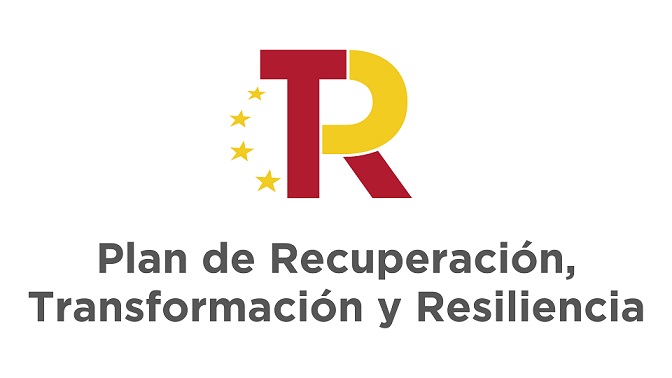Investigación
Publicación (Tesis doctorales)
Service Architectecting and Dynamic Composition in Pervasive Smart Ecosystems for the Internet of Things Based on Sensor Network Technology
-
Familiar, Miguel Santos
- Resumen:
- Why pervasive awareness and Ambient Intelligence are perceived by a great part of the academia and industry as a massive revolution in the short-term? In our best knowledge, a cornerstone of this thought is based on the fact that the ultimate nature of the smart environment paradigm is not in the technology itself, but on a people-centered approach. Perhaps, is in this apparently simple conception where precisely lies the boldness of this promising vision, which has been consolidated in recent years with the emerging proliferation of mobile, personal, portable, wearable and sensory computing: to reach everyone and everywhere. On the one hand, it touches our daily lives in a close manner, minimizing the required attention from the users, anticipating to their needs with the main intention of redefining our idea of Quality of Experience. On the other hand, this new wave impacts everywhere at both global and personal scales allowing expanded connectivity between devices and smart objects, in a dynamic and ubiquitous manner, as a natural extension of the physical world around us. According to the above, this doctoral dissertation focuses on contributing to the integration of software and networking engineering advances in the field of pervasive smart spaces and environment using sensor networks. This is founded on the convergence of some information technology and computer science paradigms, such as service and agent orientation, semantic technologies and knowledge management in the framework of pervasive computing and the Internet of Things. To this end, the nSOM (nano Service-Oriented Middleware) and nSOL (nano Semantics-Oriented Language) approaches are presented. Firstly, the nSOM proposal defines a service-oriented platform for the implementation, deployment and exposure of agent-based in-network services to the Internet cloud on heterogeneous sensor devices. Secondly, the nSOL solution enables an abstraction for supporting ubiquitous service composition based on semantic knowledge management. The integration of both contributions leads to the formal modelling and practical development of adaptive virtual sensor services for pervasive Ambient Intelligence ecosystems. This work includes also the related performance characterization of the resulting prototype according to several metrics such as code size, volatile memory footprint, CPU overhead, service time delay and battery lifetime. Main foundations and outcomes presented in this essay are contextualized in the following European Research Projects: ?SWN (FP6 code: IST-034642), DiYSE (ITEA2 code: 08005) and LifeWear (ITEA2 code: 09026).
- Año:
- 2014
- Tipo de publicación:
- Tesis doctorales
- Palabras clave:
- pervasive computing; dynamic service composition; semantic knowledge management; ambient intelligence; internet of things; wireless sensor network
- Tipo de publicación:
- PhD Thesis
Grupos de Investigación
Áreas Estratégicas
Contacto
Edificio La Arboleda. Campus Sur UPM.
Calle Alan Turing 3
28031 Madrid
Email: web.citsem@upm.es
Tfno: +34 9106 78762
Website: www.citsem.upm.es









